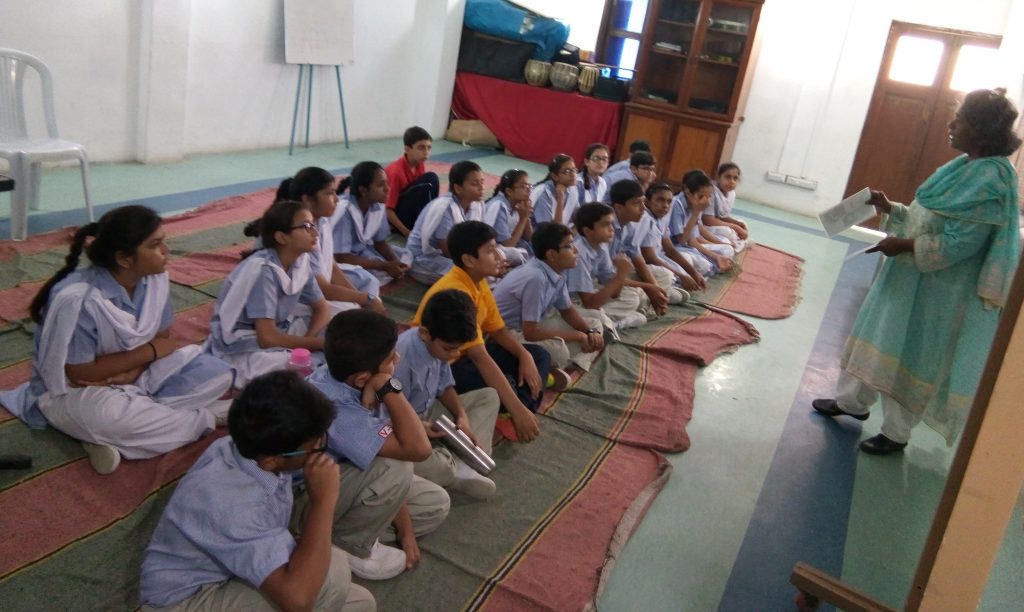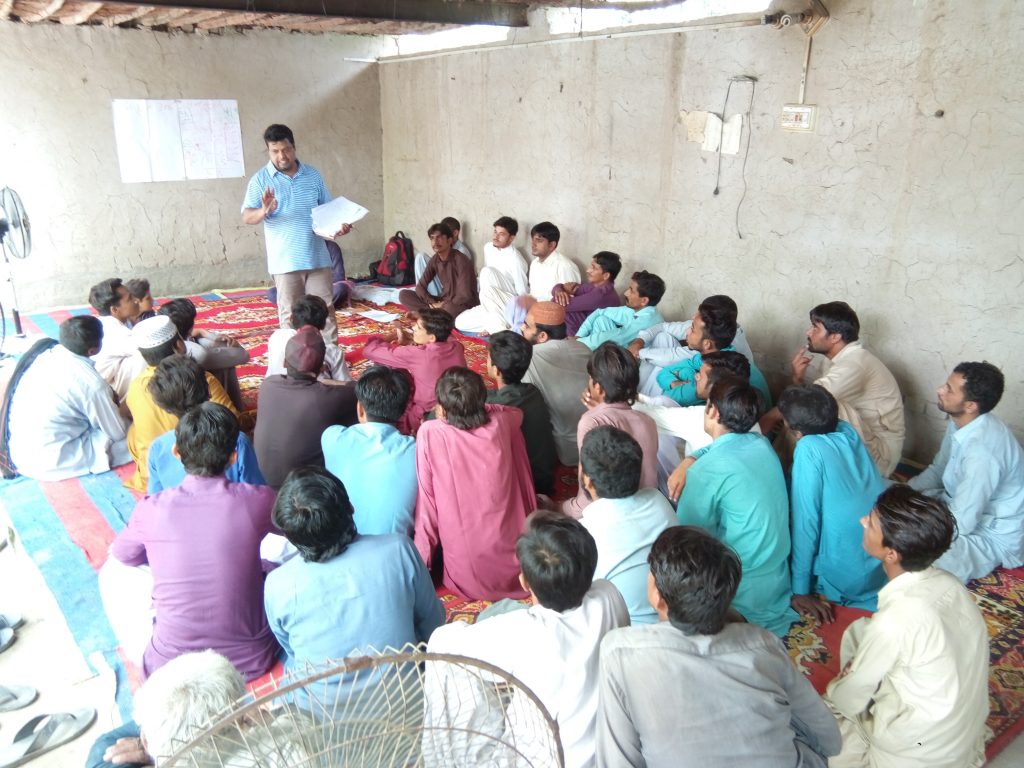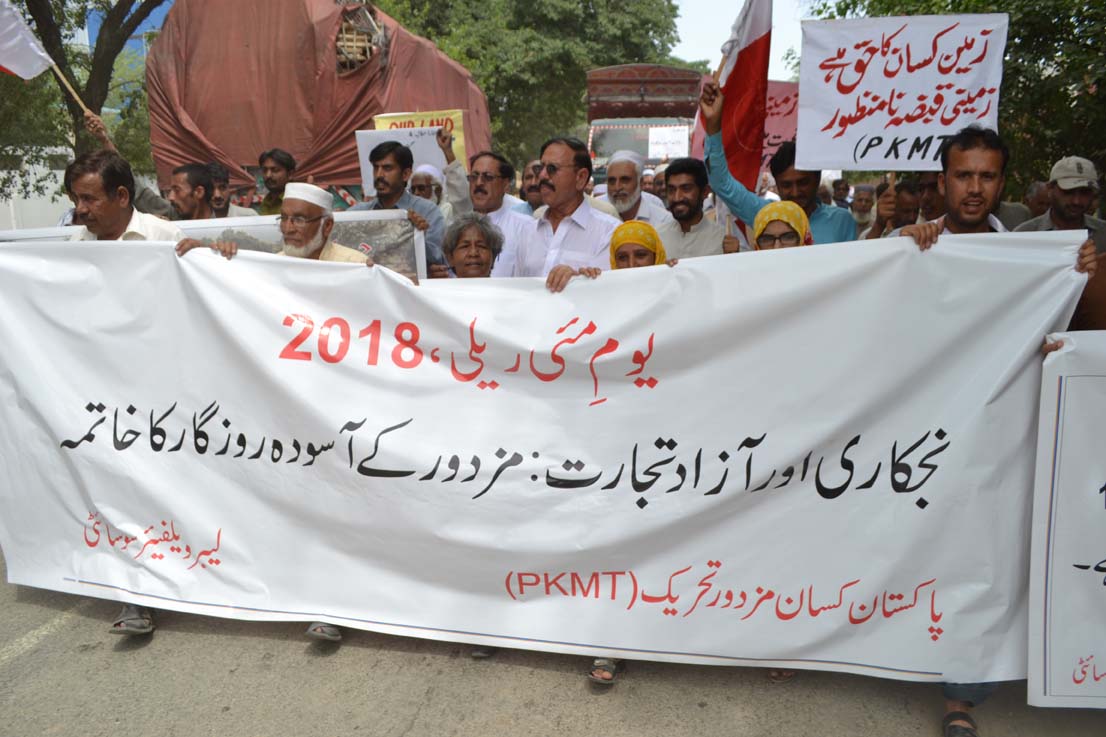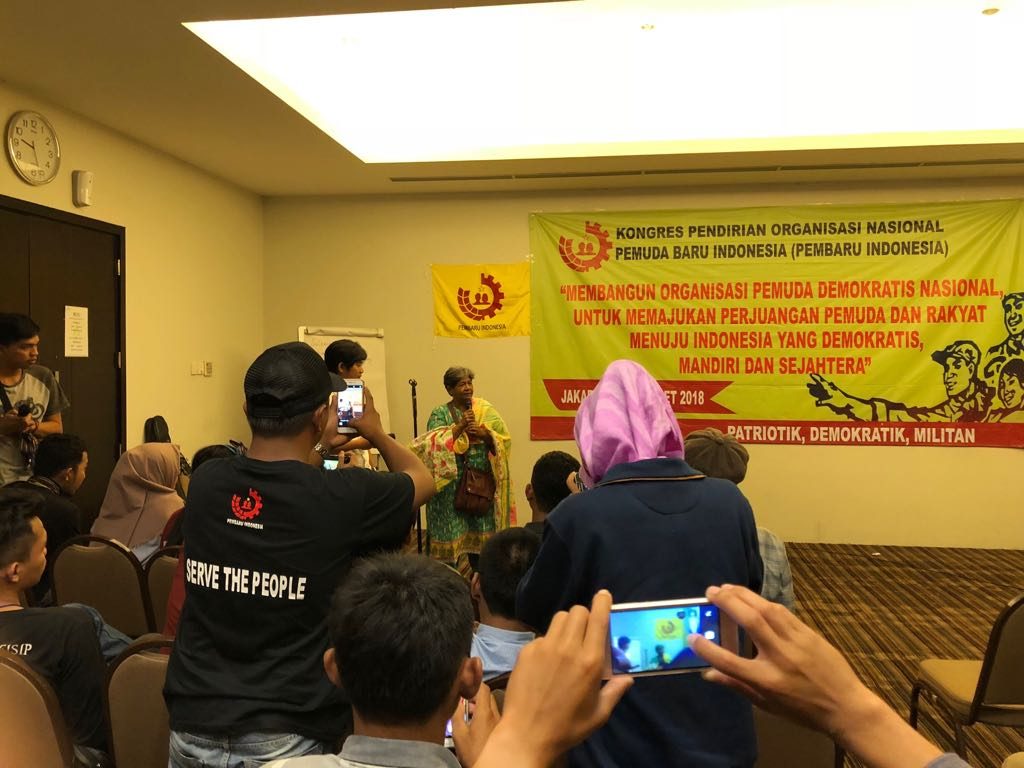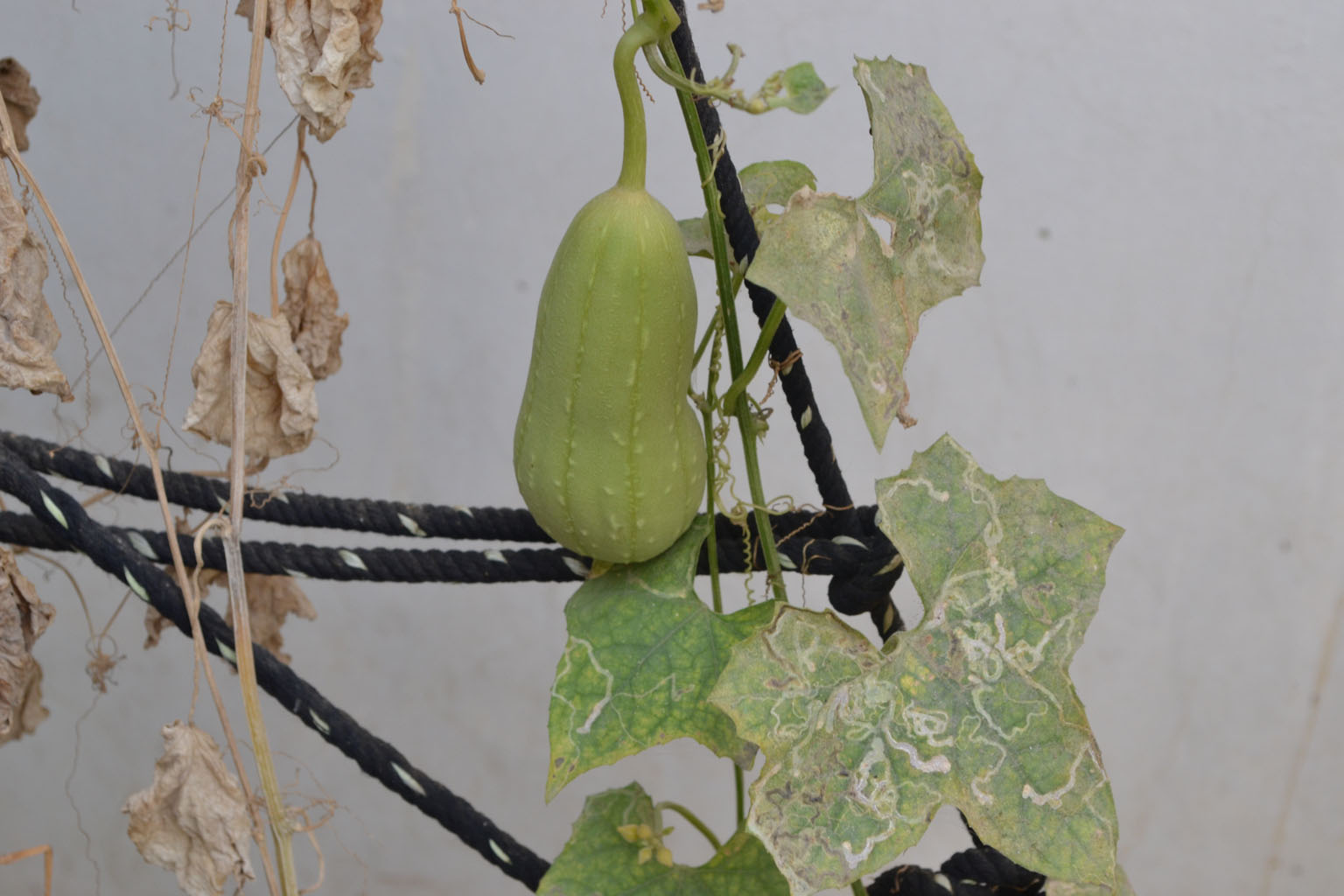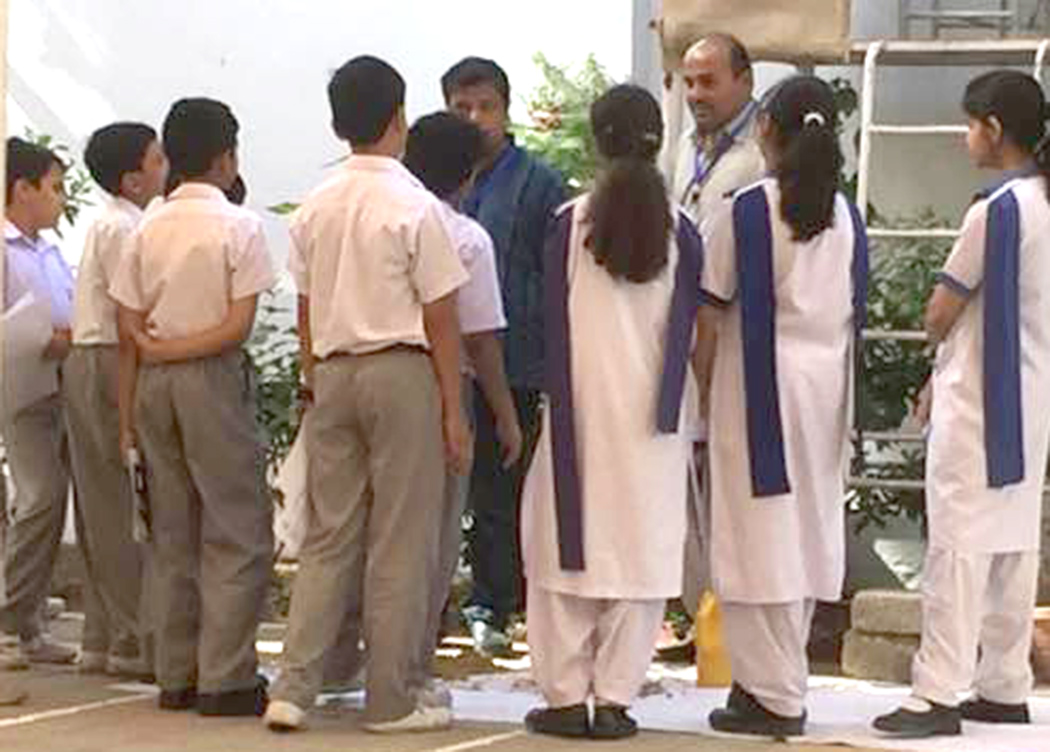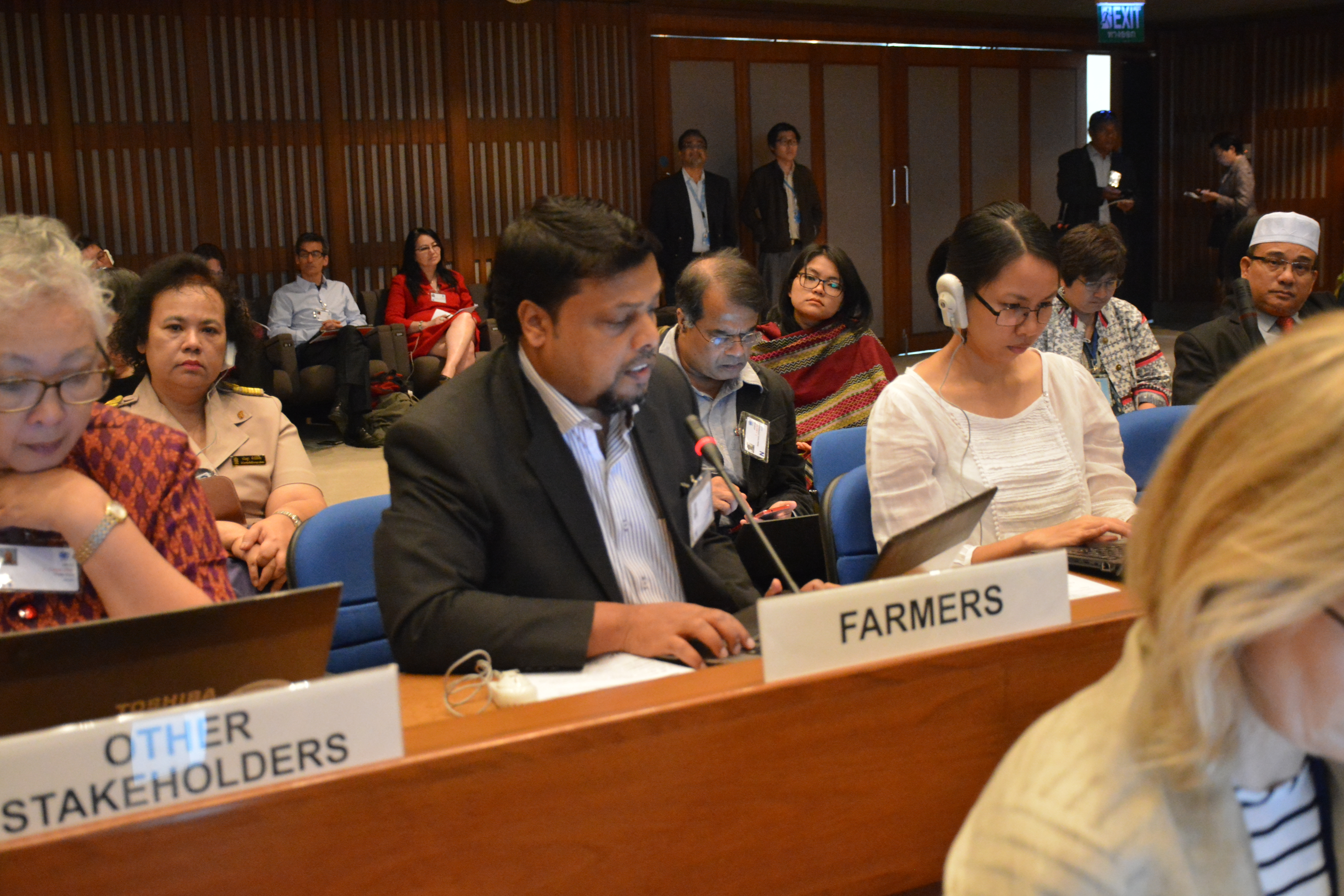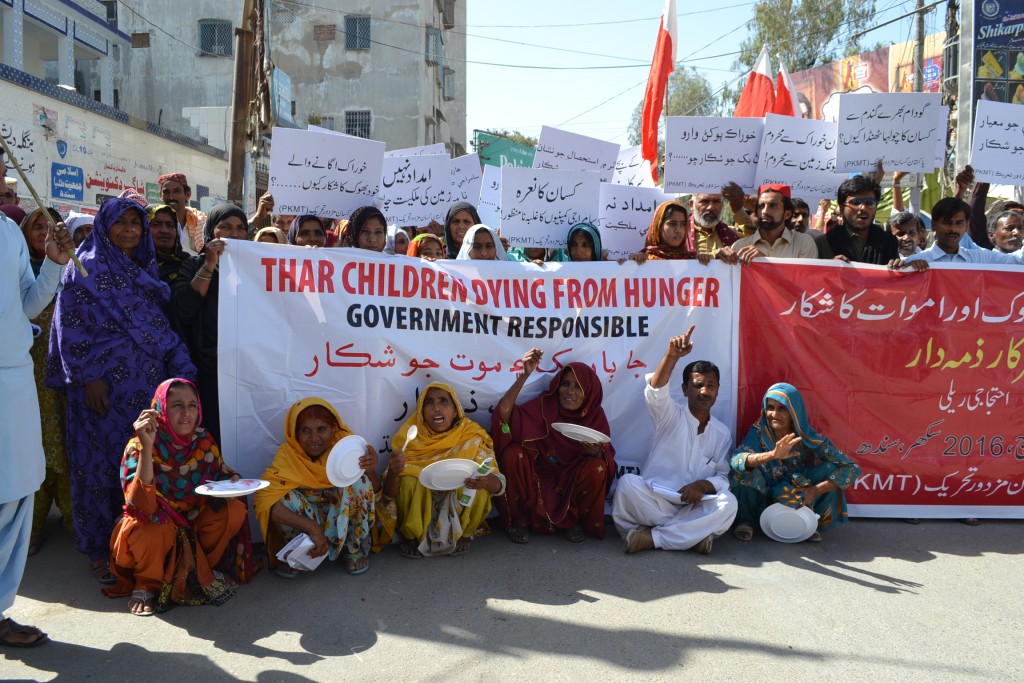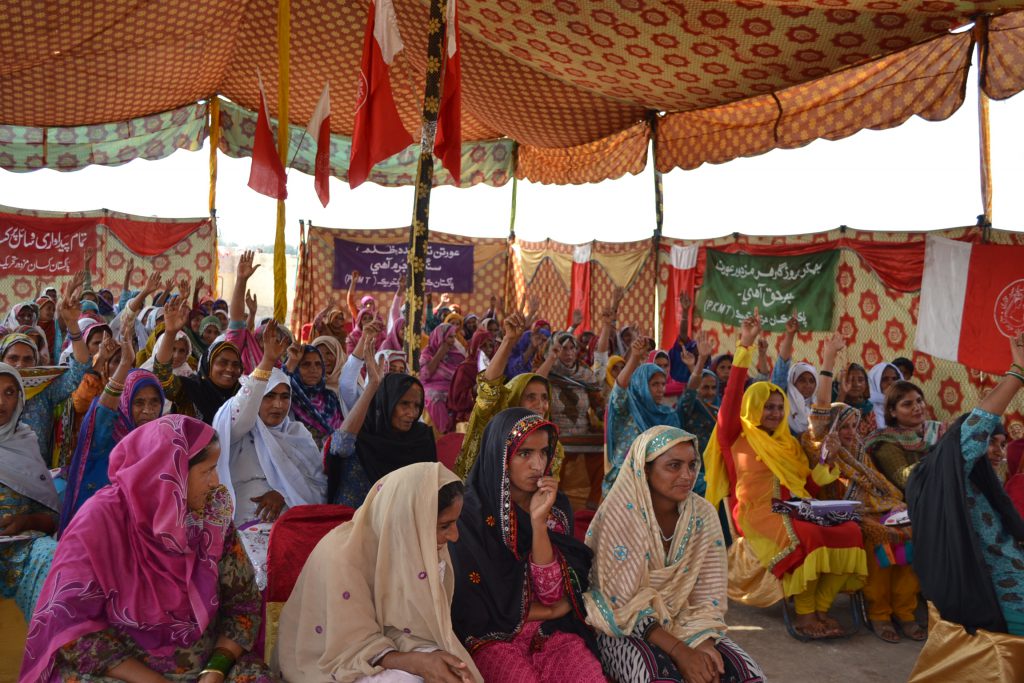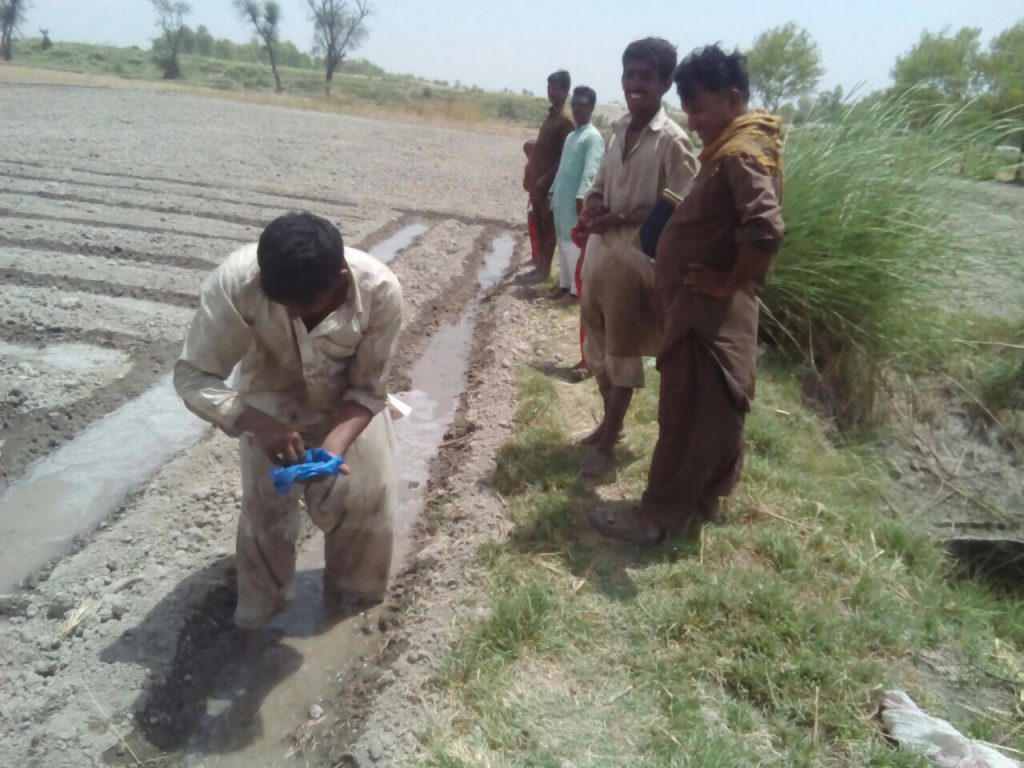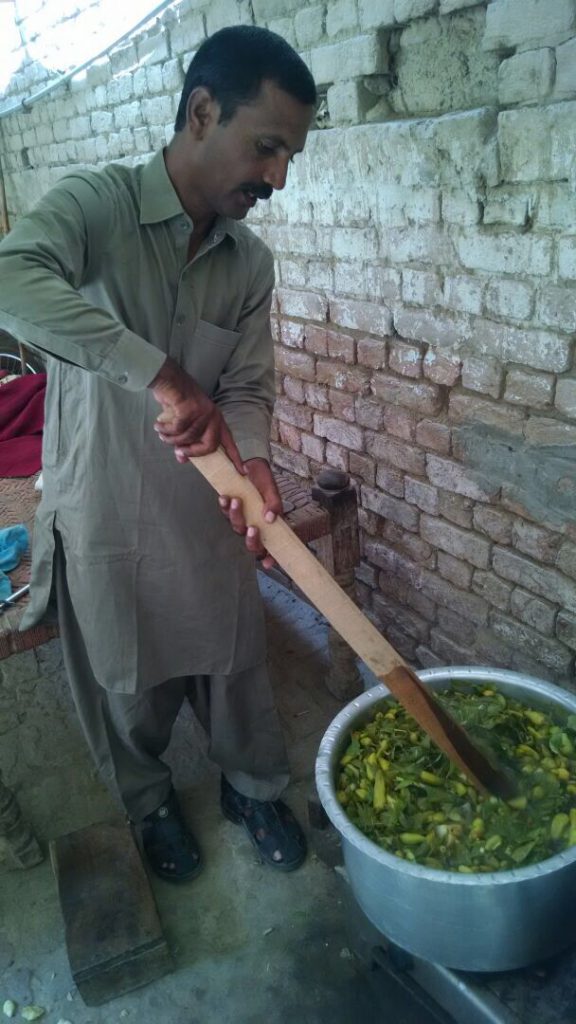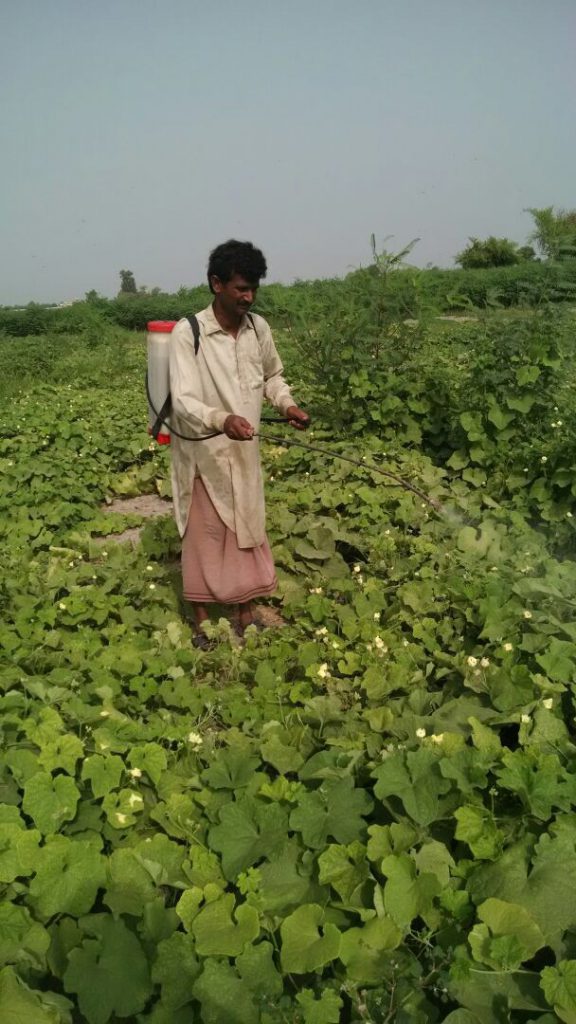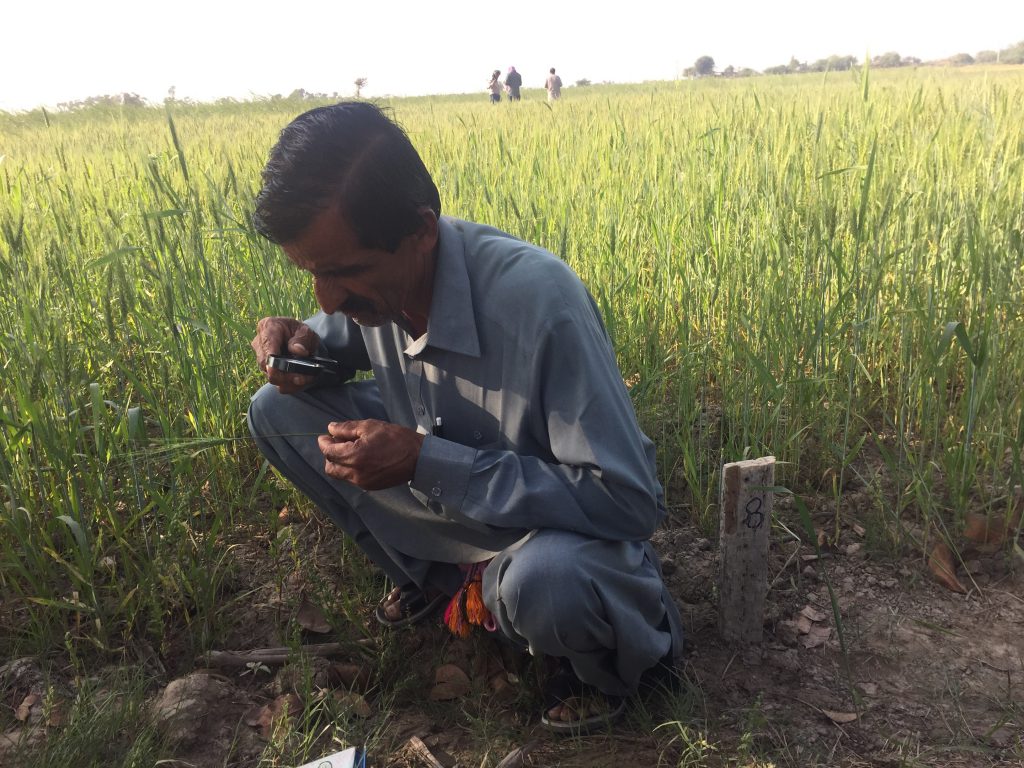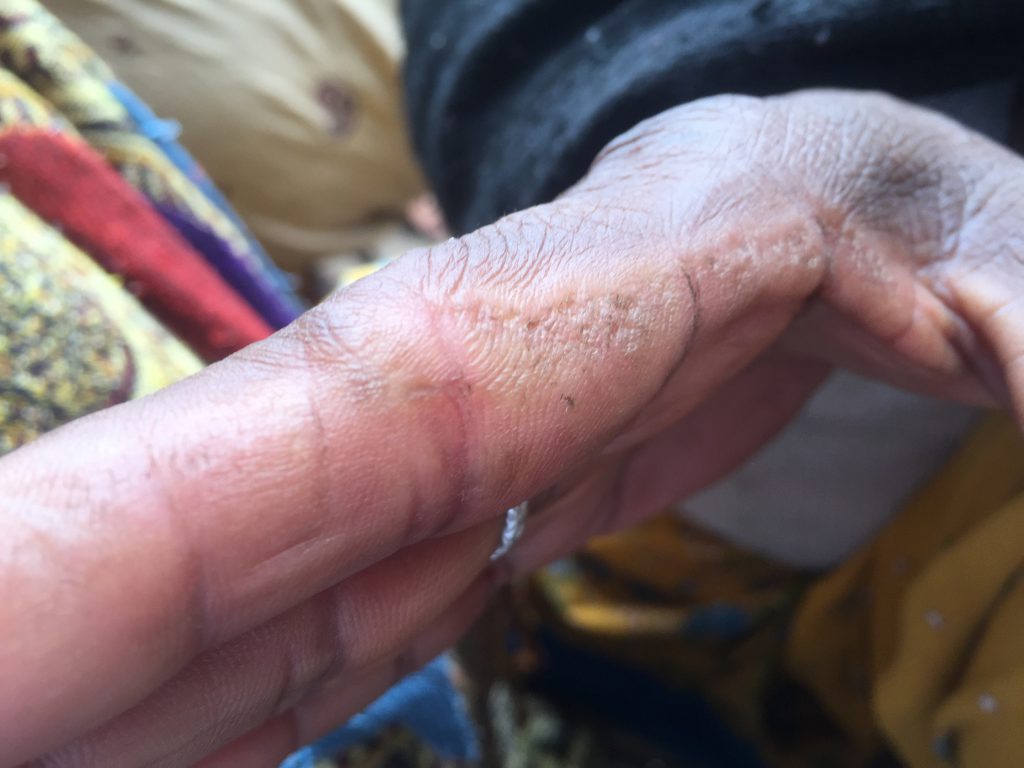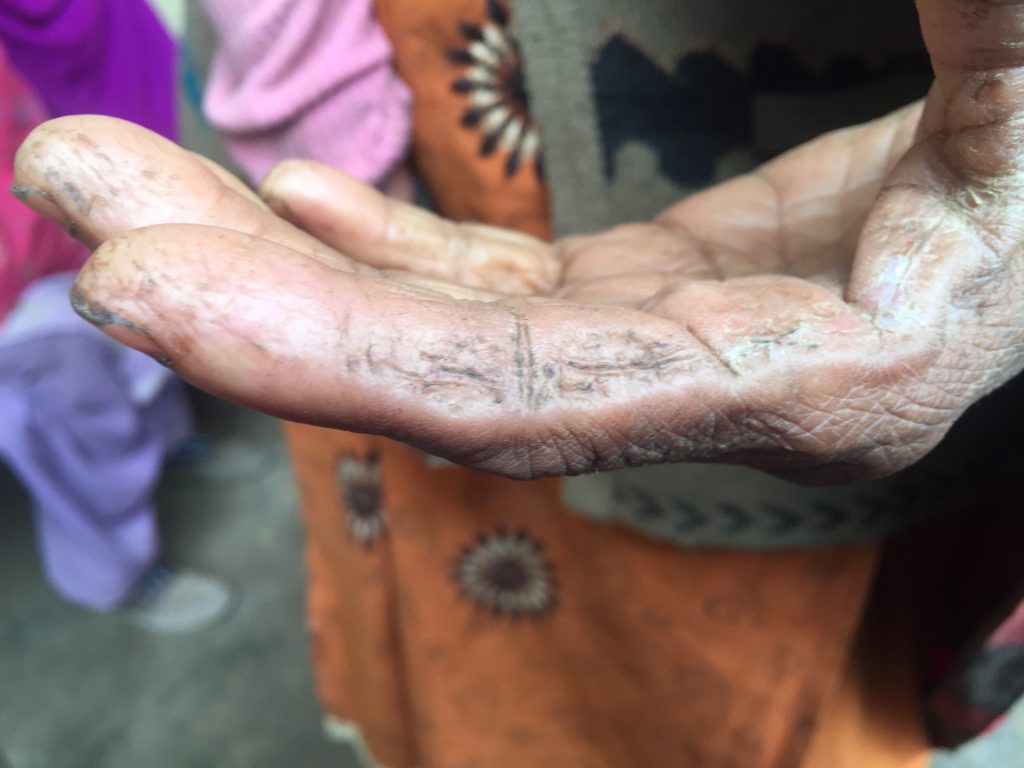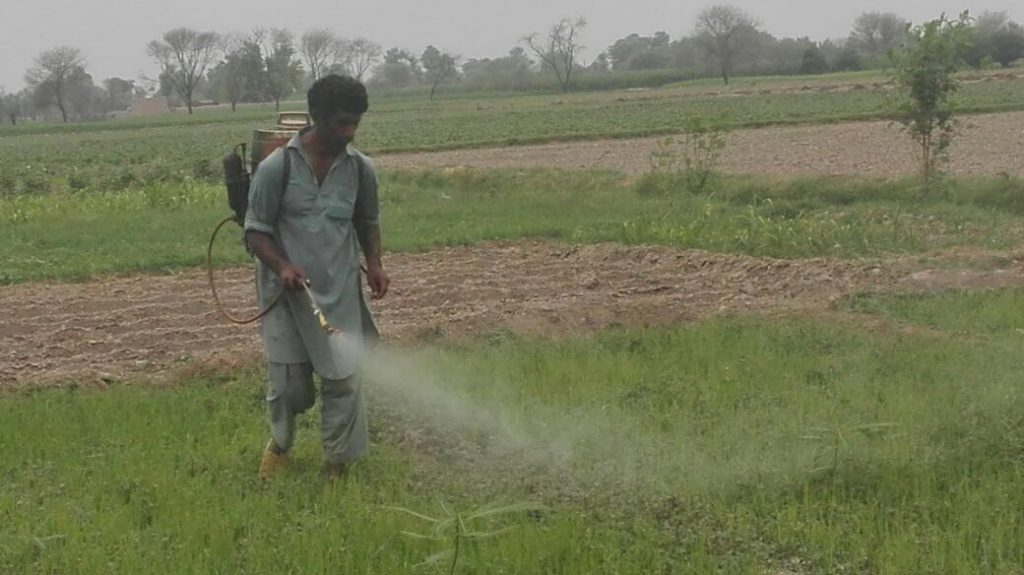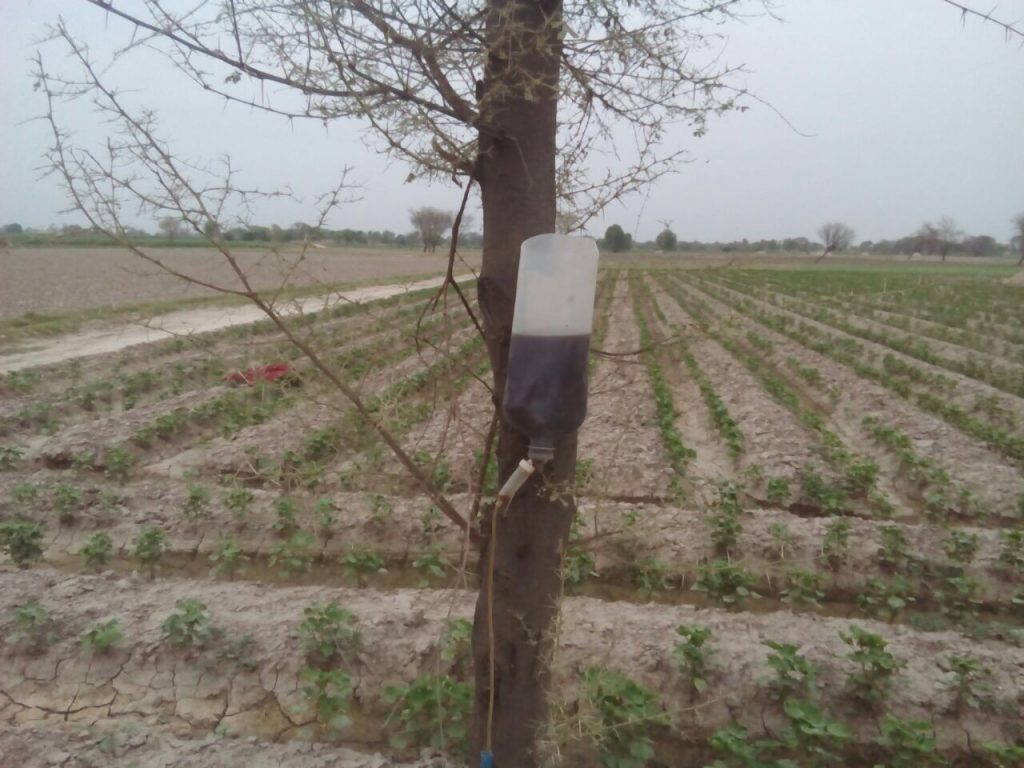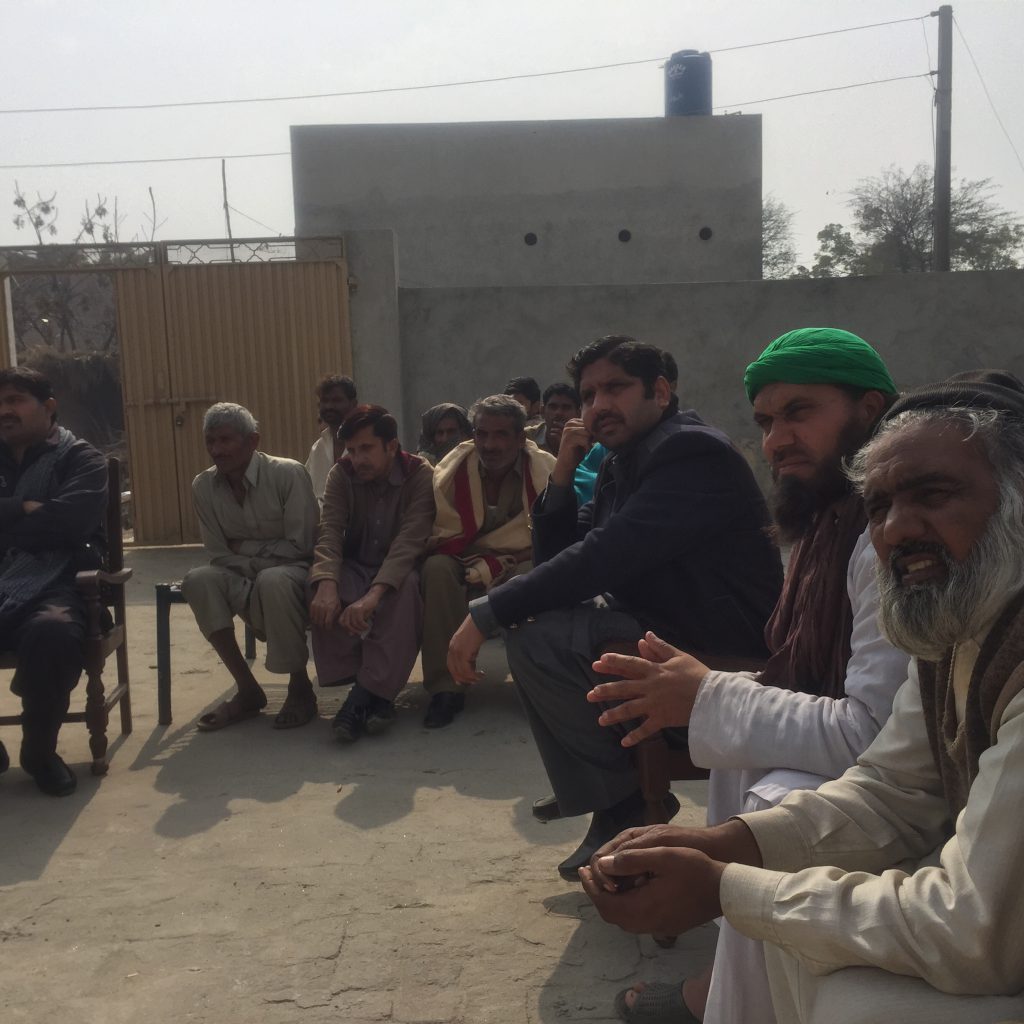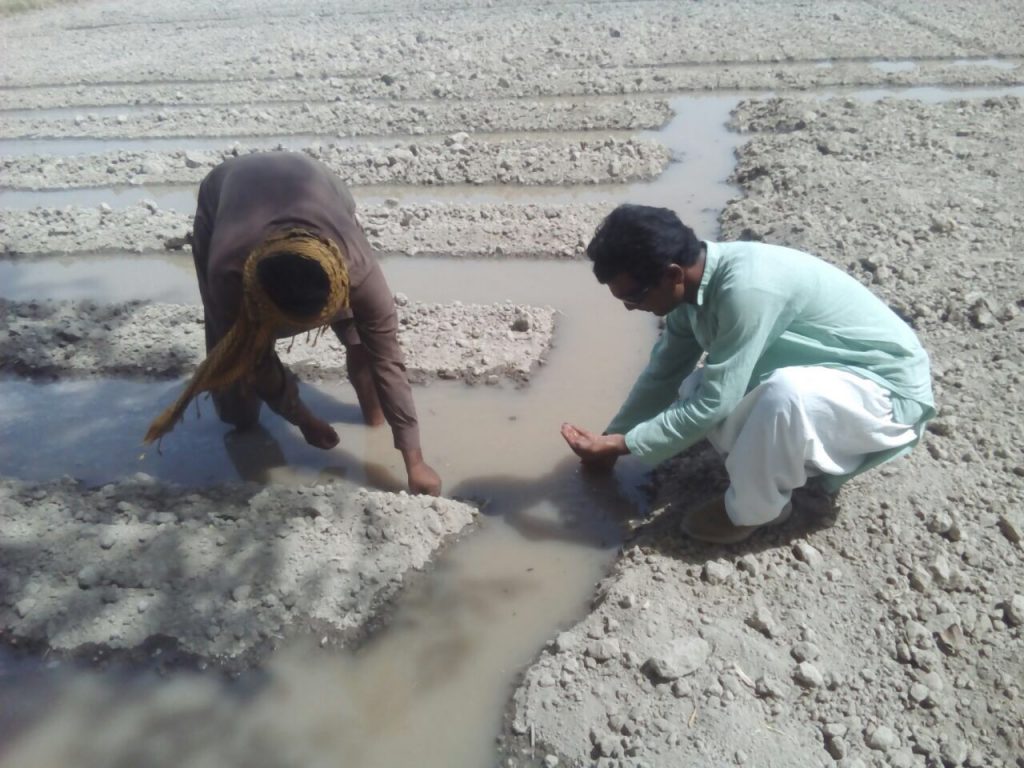
A discussion on consumption of ‘good’ and ‘bad’ foods, production systems, and difference between traditional/organic produce versus chemical industrial produce at Gulshan Public School Karachi.
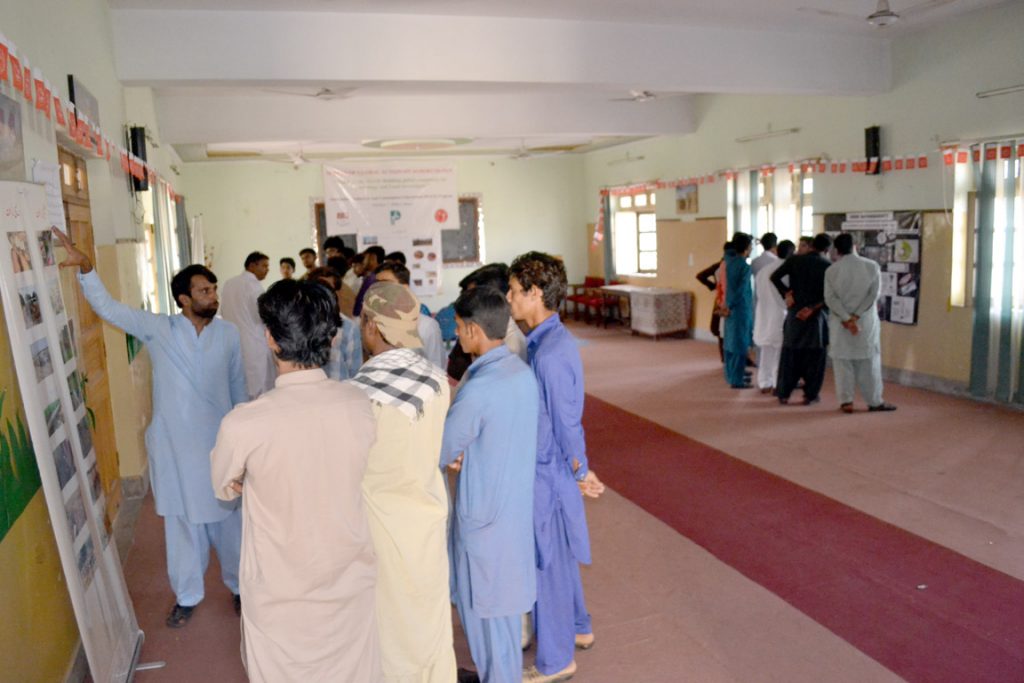
Pakistan Kissan Mazdoor Tehreek (PKMT), Roots for Equity have campaigned from October 1-16 to highlight the critical importance of agro-ecology and the important character of youth in promoting agroecology, and have used the theme “ Youth on the March: Building Global Community for Agroecology and Food Sovereignty”.
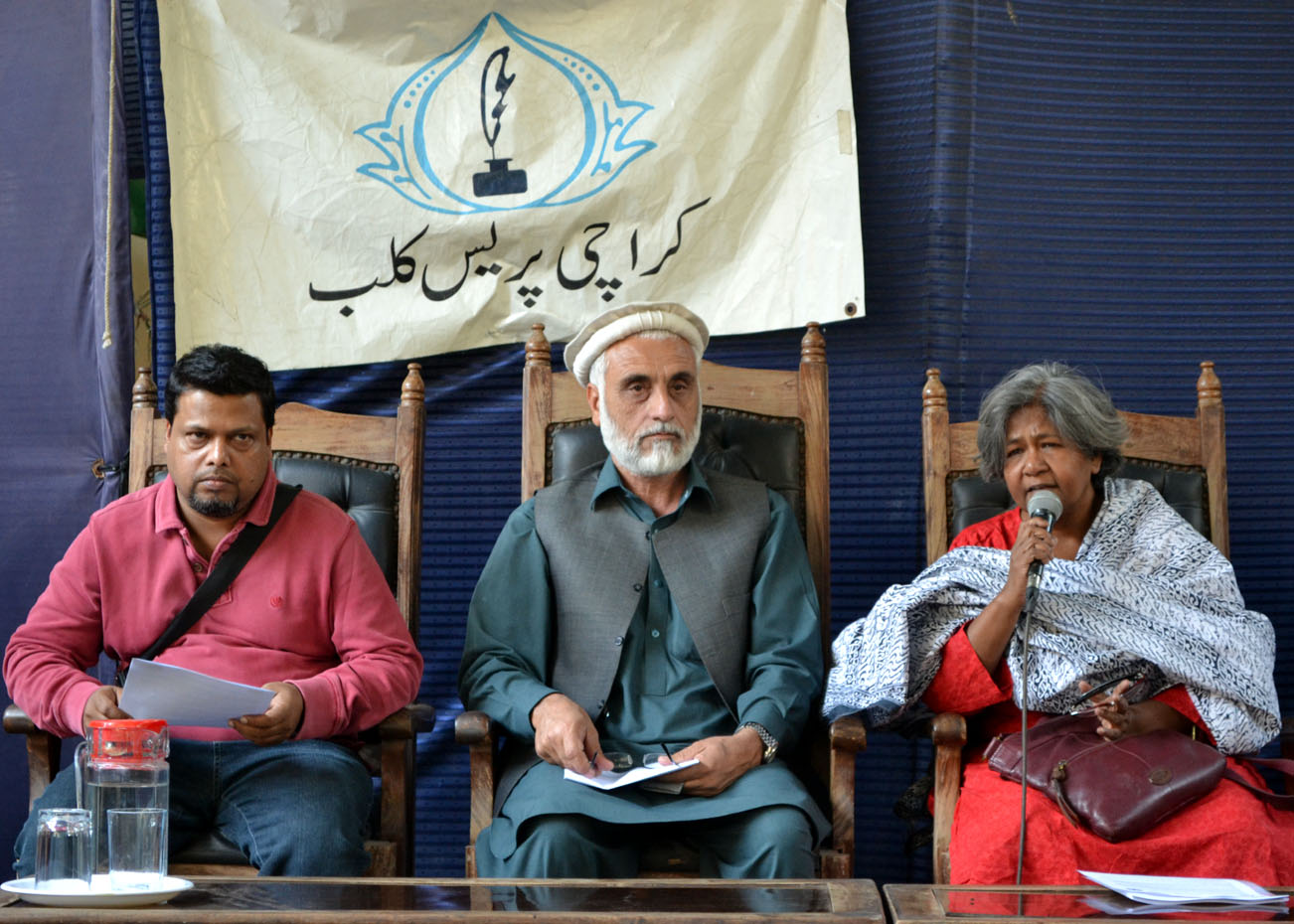
In Response to 15 Years of Lie and Deceit: Indeed No More! Roots for Equity and Pakistan Kissan Mazdoor Tehreek (PKMT) hold a Press Conference at Karachi Press Club.
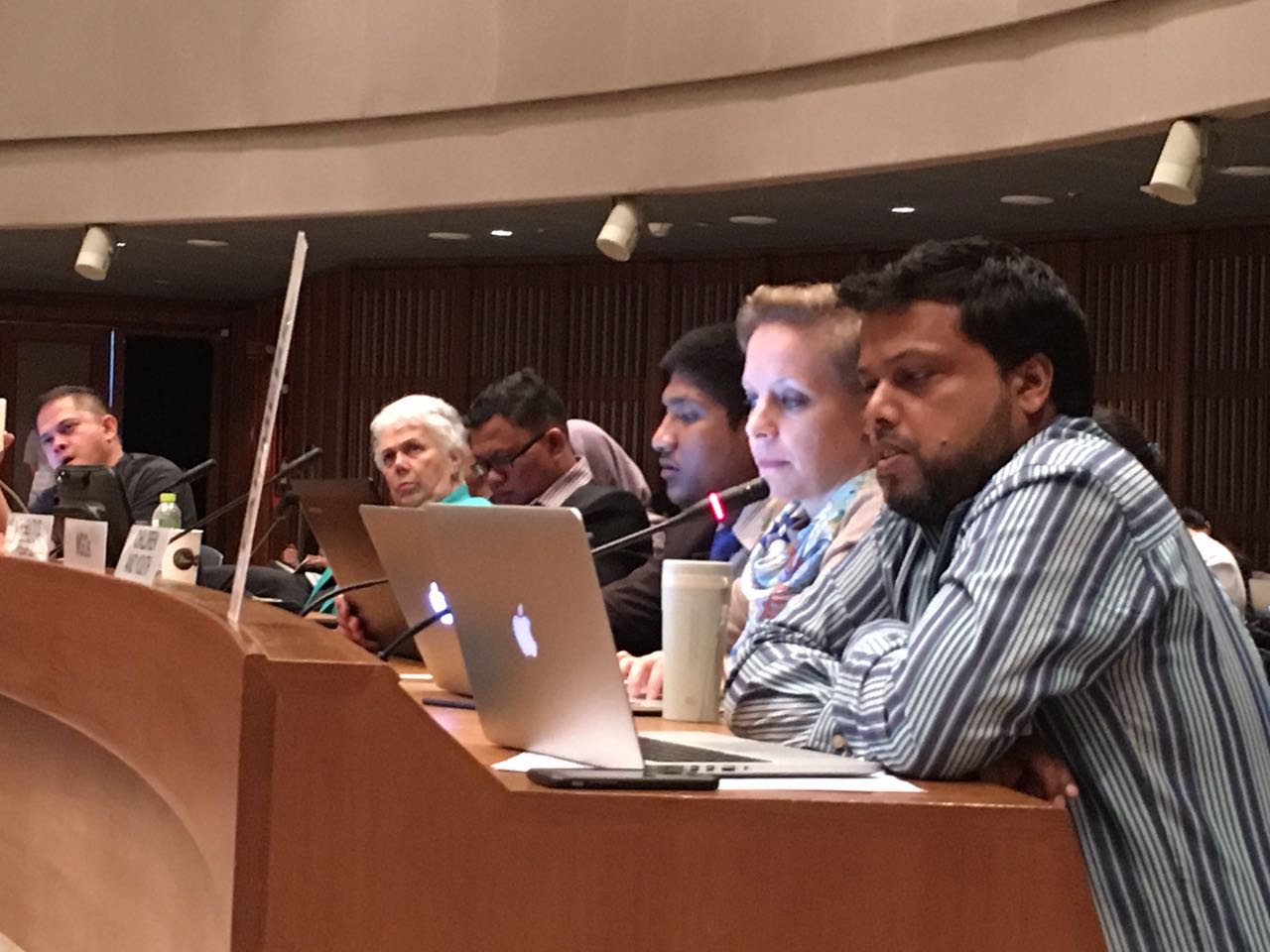
Wali Haider from Roots for Equity: Statement on behalf of Farmers Constituency of the Asia Pacific Regional CSOs Engagement Mechanism (APRCEM) UNEP Senior Official Meeting I am Wali Haider from Roots for Equity, Pakistan on behalf of the Farmers Constituency of the Asia Pacific Regional CSOs Engagement Mechanism (APRCEM).
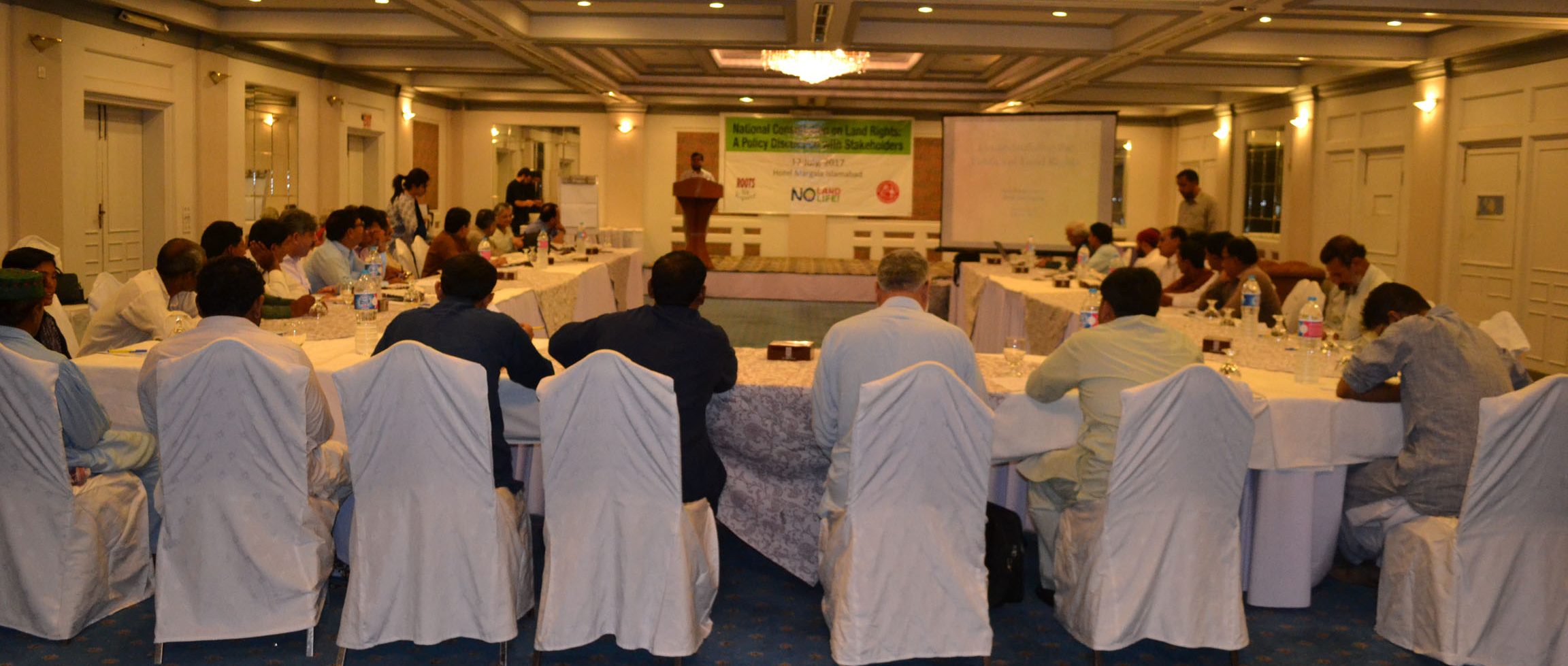
A national consultation was held on Land Rights: A policy Discussion with Stakeholders in Margala Hotel, Islamabad on 12th July, 2017 organized by Pakistan Kissan Mazdoor Tehreek (PKMT) and Roots for Equity.
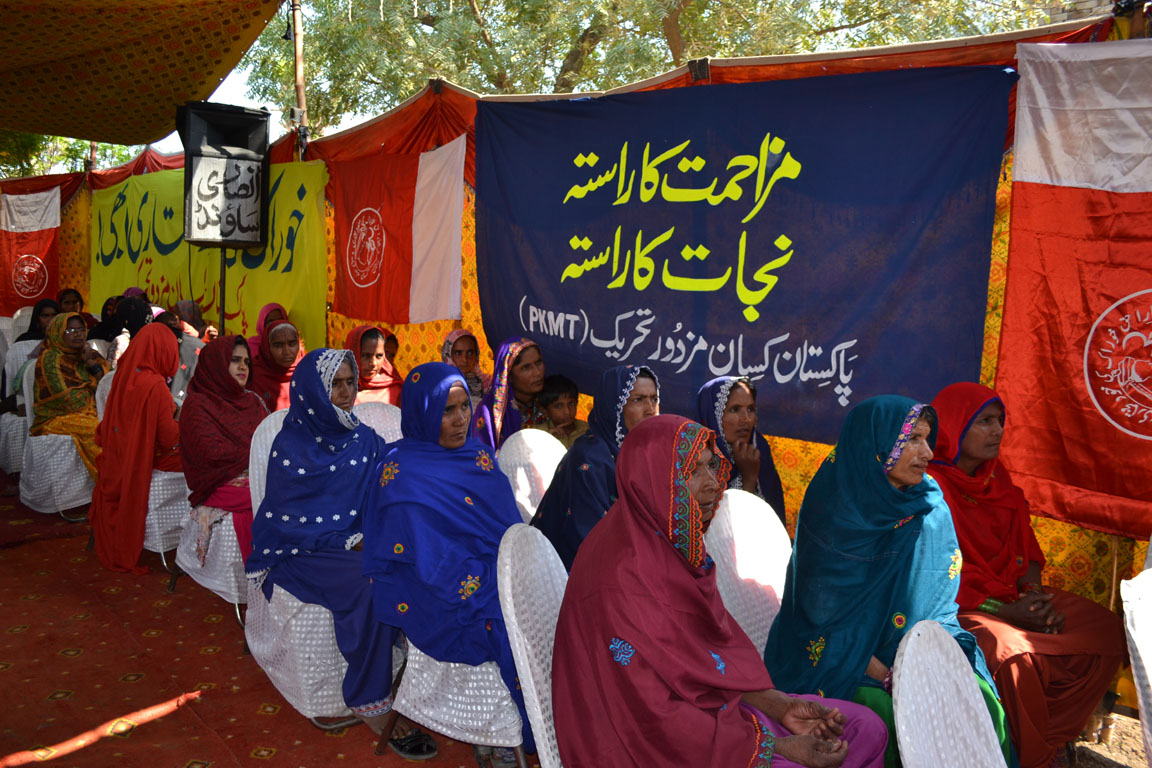
Pakistan Kissan Mazdoor Tehreek (PKMT) and Roots for Equity, Pakistan celebrated International Women’s Day in a village named Busti Gharibabad, Lar, Multan. Rural women spoke out against the curtailing of economic rights especially against landlessness of women farmers, forcing them to work at very low wages. An especial focus was on lack of access to education that women, especially young girls had to face due to patriarchal norms.
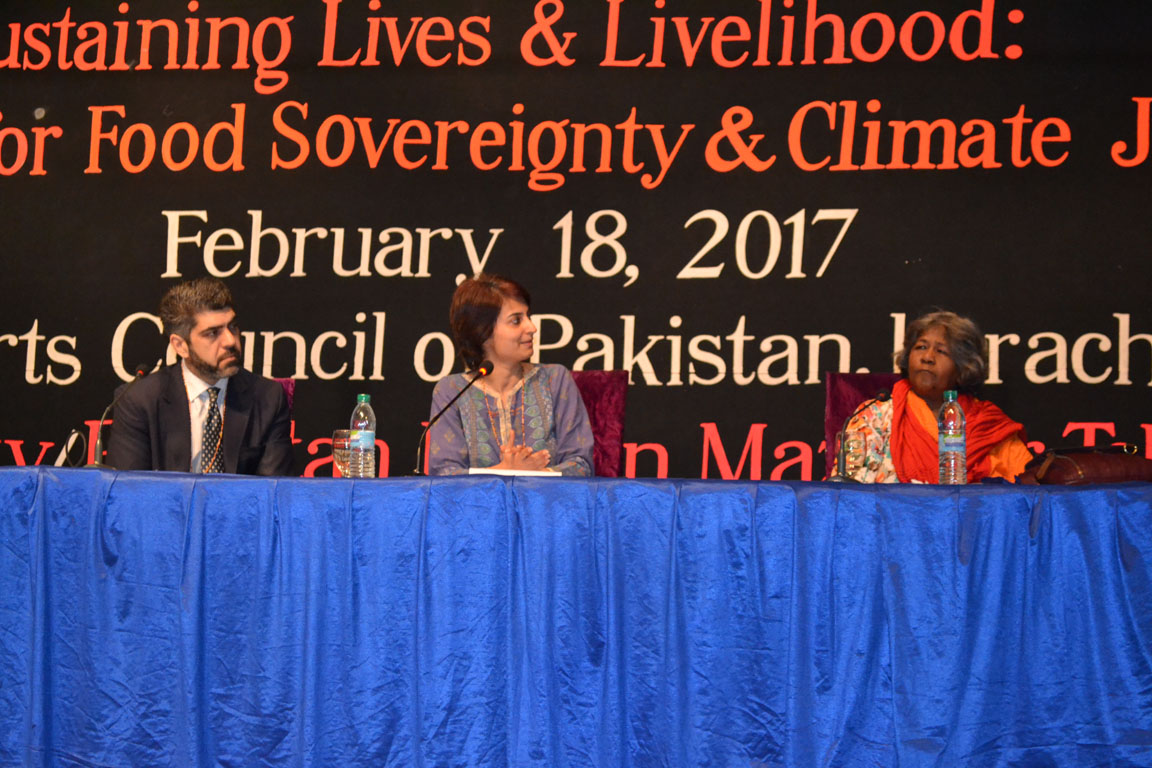
Speakers at a national conference named “Sustaining Lives and Livelihood: Fighting for Food Sovereignty and Climate Justice,” held at the Auditorium Arts Council of Pakistan, Karachi asked farmers across the country to reject corporate agriculture which promotes intensive use of chemicals and pesticides, hybrid and genetic seeds that would damage the very foundations of the nation. The speakers strongly rejected the Amended Seed Act 2015 passed by the national assembly of Pakistan terming it a conspiracy against farmers. The conference was jointly organized by Pakistan Kissan Mazdoor Tehrek (PKMT) and Roots for Equity.
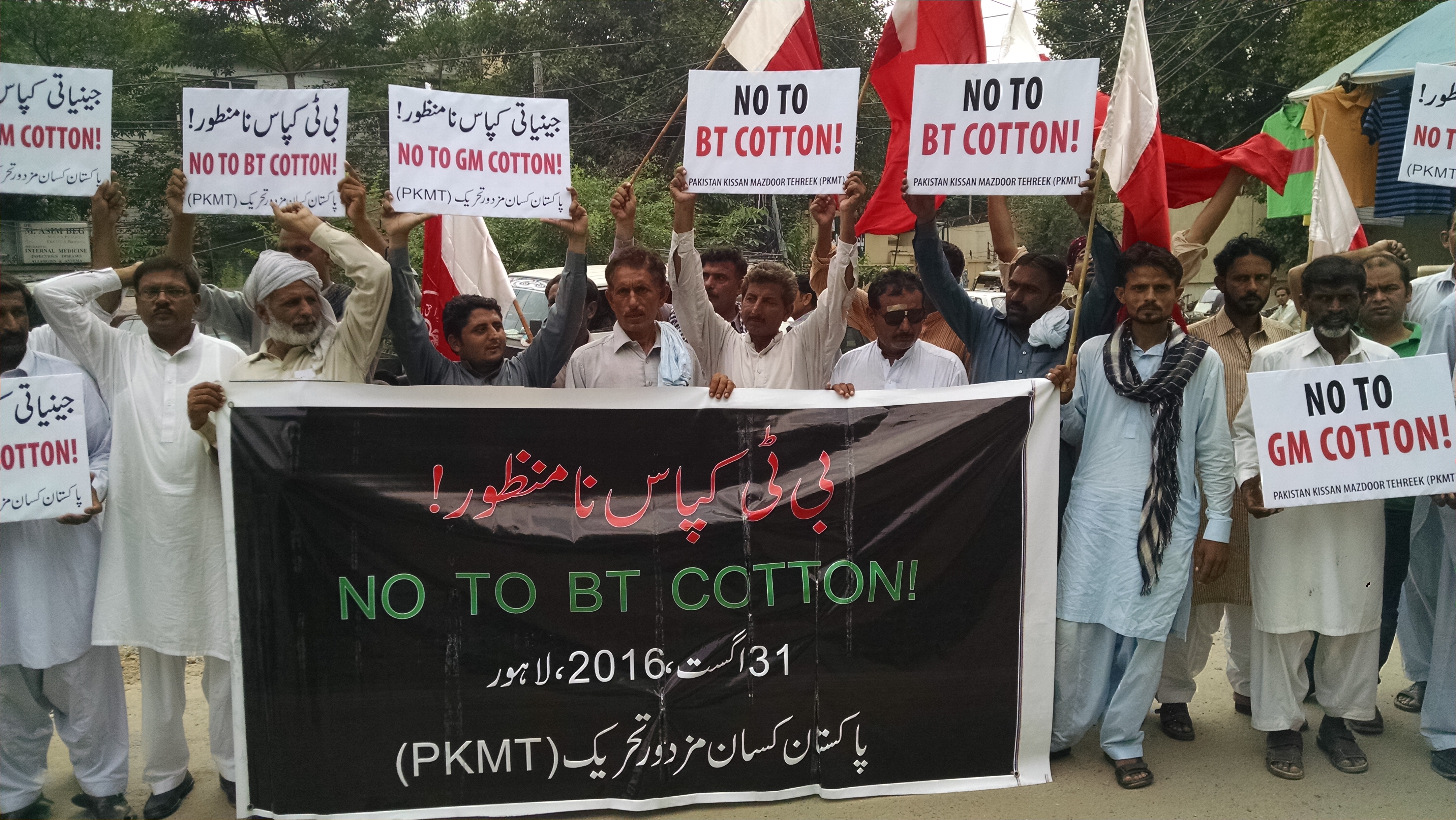
Farmers from various districts from Punjab participated in the protest rejecting the promotion of Bt/GM in Punjab, Pakistan in front of Lahore Press Club. August 2016

Pakistan Kissan Mazdoor Tehreek, an alliance of small and landless farmers and Roots for Equity strongly reject the Plant Breeders Rights Bill demanding first, complete elimination of the role of foreign seed companies in agricultural production. August 2016

